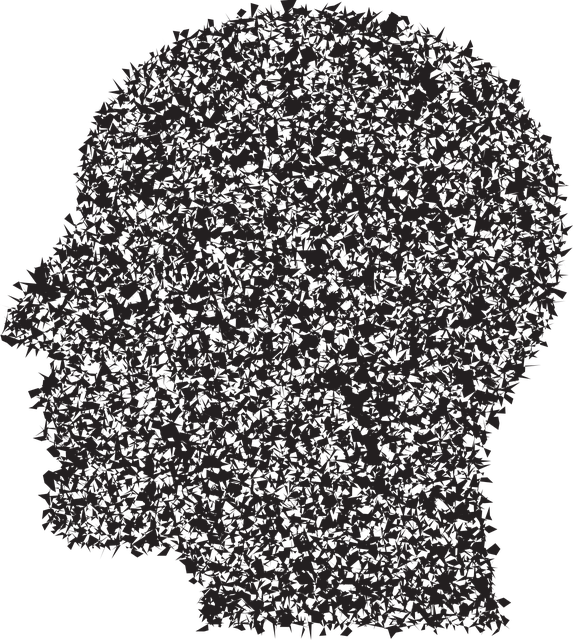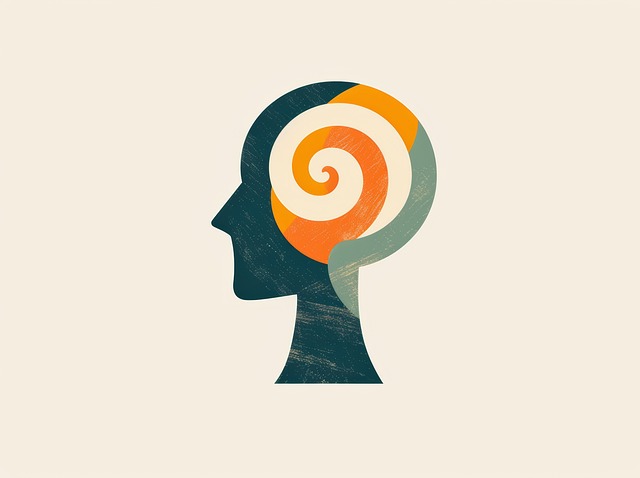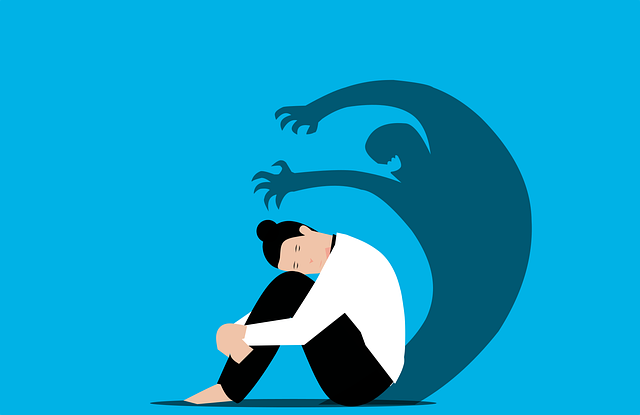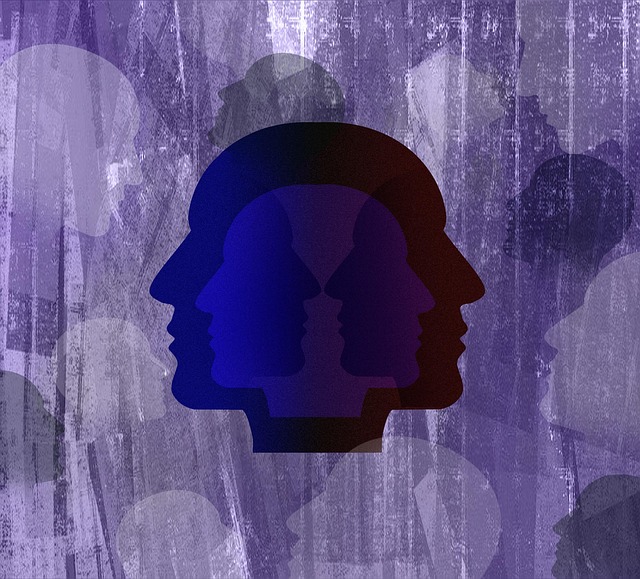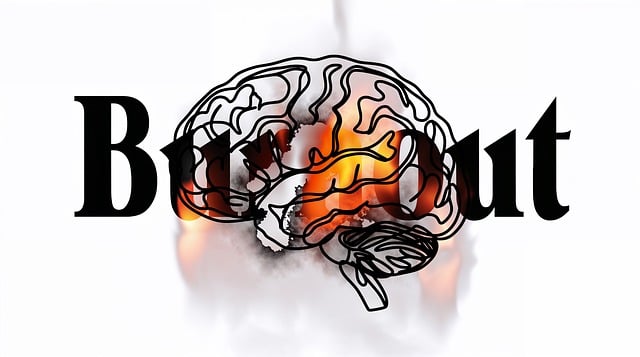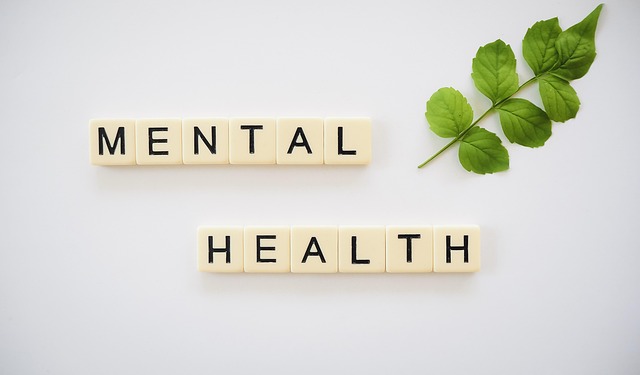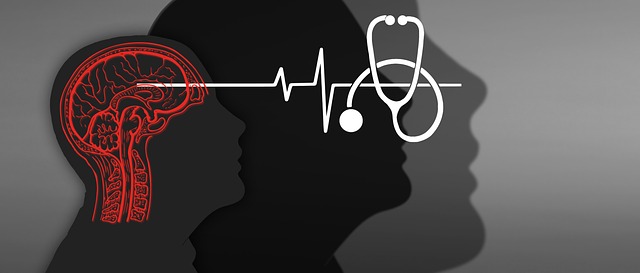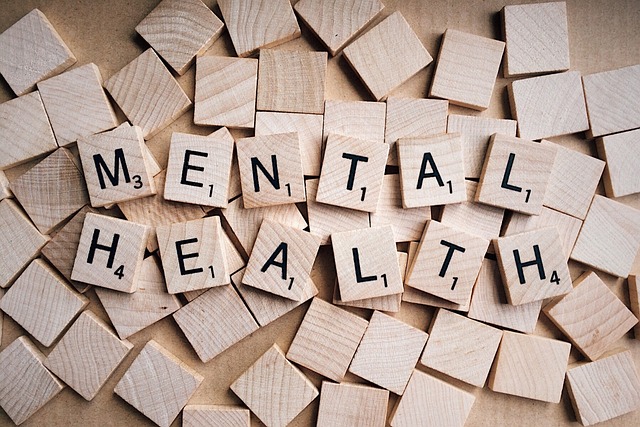Elder abuse causes severe mental health issues like trauma, anxiety, and PTSD in survivors. Healing requires therapy tailored to their needs, focusing on emotional recovery, rebuilding trust, and developing coping mechanisms. Specialized programs, including self-awareness exercises and group therapy, empower survivors and educate caregivers to recognize and prevent abuse early, ultimately enhancing the mental wellness of affected elders through personalized care.
Mental wellness promotion among elderly survivors of elder abuse is a critical, often overlooked aspect of their healing journey. This article delves into the profound impact of elder abuse on mental health, highlighting its effects on emotional well-being. We explore the transformative power of therapy in helping survivors process trauma and heal. Furthermore, practical strategies are presented for fostering mental wellness, emphasizing the importance of early intervention and supportive environments. By understanding these key components, we can better equip ourselves to support vulnerable elders.
- Understanding Elder Abuse and Its Impact on Mental Health
- The Role of Therapy in Healing Survivors' Emotional Wounds
- Strategies for Promoting Mental Wellness in Elderly Survivors
Understanding Elder Abuse and Its Impact on Mental Health

Elder abuse is a silent yet devastating issue that can significantly impact an individual’s mental health and overall well-being. It encompasses various forms, including physical, emotional, financial, or sexual mistreatment, often occurring within care settings or families. Survivors of elder abuse may experience profound trauma, leading to complex mental health challenges. The effects can be far-reaching, causing anxiety, depression, post-traumatic stress disorder (PTSD), and a breakdown in trust, which are all significant barriers to achieving mental wellness.
Promoting resilience among vulnerable elders is crucial, especially when considering the long-term impact of abuse. Empathy building strategies, for instance, can foster supportive relationships and encourage open communication, helping survivors process their experiences. Therapy for elder abuse survivors plays a pivotal role in assisting them in healing emotionally, regaining trust, and developing coping mechanisms to enhance mental wellness. By implementing resilience-focused interventions, we can empower individuals to overcome adversity and build a more positive outlook on life.
The Role of Therapy in Healing Survivors' Emotional Wounds

Survivors of elder abuse often carry emotional scars that require professional help to heal. Therapy plays a pivotal role in this healing process by providing a safe, non-judgmental space for individuals to process and express their experiences. Through various therapeutic modalities, survivors can explore the root causes of trauma, develop coping mechanisms, and regain a sense of control over their lives.
Specialized therapy programs designed for elder abuse survivors focus on addressing specific needs such as improving social skills, managing anxiety or depression, and enhancing self-esteem. These tailored interventions, coupled with risk assessment tools for mental health professionals, ensure that survivors receive the support they need to rebuild their emotional well-being. Mental health education programs can also empower caregivers and family members to recognize signs of abuse and provide early intervention, further promoting the overall resilience of affected individuals.
Strategies for Promoting Mental Wellness in Elderly Survivors

Promoting mental wellness among elderly survivors of abuse is a specialized task that requires tailored strategies. Many elders, having endured traumatic experiences, may face challenges in expressing their emotions and seeking help. Mental health professionals play a crucial role here by conducting comprehensive risk assessments to understand individual needs. This involves assessing the severity of trauma, current coping mechanisms, and potential triggers, ensuring personalized care.
Offering Trauma Support Services tailored for the elderly population can significantly aid in their healing process. Self-awareness exercises, group therapy sessions, and art therapy are effective tools to help them process past traumas and build resilience. Encouraging open communication and providing safe spaces allows survivors to share their stories, fostering a sense of community and understanding. Additionally, educating caregivers on recognizing signs of mental distress is vital, enabling them to offer timely support.
Mental wellness promotion among elderly survivors of elder abuse is a multifaceted endeavor. By understanding the profound impact of such abuse and leveraging evidence-based therapy, we can help heal emotional wounds and foster resilience. Additionally, implementing strategies that cater to their unique needs, such as tailored support groups and accessible care, ensures their mental health is prioritized. Through these collective efforts, we can create a more supportive environment, enabling elderly survivors to thrive and live with dignity. Therapy for elders abuse survivors remains a critical component in this journey towards healing and well-being.
